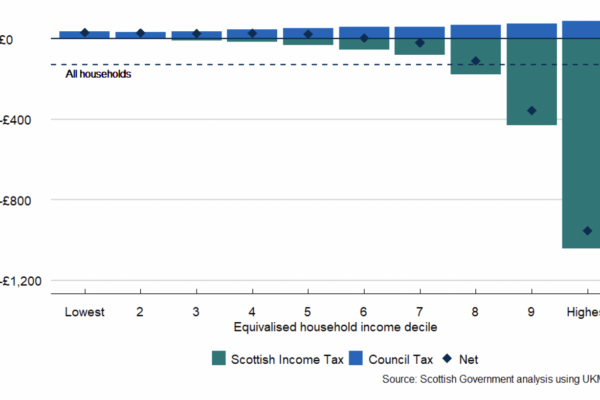
Introduction
The ongoing review of the state pension age is a critical topic that affects millions of individuals across the UK. Given that the state pension serves as a vital financial foundation for retirees, alterations to the eligibility age can significantly impact future retirement planning and the overall wellbeing of the ageing population. As life expectancy increases, this review aims to evaluate whether the current state pension age remains sustainable and fair.
Current State of Affairs
As of 2023, the state pension age for both men and women in the UK is set to increase to 67 by 2028 and is projected to rise to 68 by the mid-2030s. This change is in line with the 2014 Pensions Act, which outlined a gradual increase in the state pension age to address the challenges posed by an ageing demographic and rising costs. However, recent discussions among government officials and experts have raised questions about the pace and necessity of these adjustments.
In September 2023, the Government initiated a formal review process to reassess the state pension age, considering factors such as life expectancy, health outcomes, and economic conditions. The review aims to gather public opinions and expert analysis to shape the future of the pension system, as well as to address concerns regarding equity for individuals who work in physically demanding jobs or who may not live as long as others.
Implications of the Review
The forthcoming review has led to debates surrounding the potential implications of any changes made to the state pension age. For instance, some advocacy groups argue that raising the pension age further could disproportionately impact those in lower-income jobs, who often have shorter life expectancies and may struggle to continue working into their later years. Moreover, the ongoing cost-of-living crisis exacerbated by inflation has put additional financial pressure on the older population, making the pension age a pressing concern.
Economic analysts suggest that delaying the pension age could lead to increased labour market participation among older adults, potentially benefiting the economy by alleviating staffing shortages in certain sectors. However, this requires careful consideration of the health and social wellbeing of older employees, stressing the importance of creating a conducive work environment for them.
Conclusion
The state pension age review is set to evoke significant changes that could impact millions of current and future retirees. As the process unfolds, it is crucial for policymakers to take into account the diverse experiences and needs of the ageing population. By prioritising a transparent approach that considers individual circumstances, the government can ensure that any amendments to the state pension age promote fairness and security for all citizens. Keeping an eye on upcoming developments will be essential for those planning their retirement, as the outcomes of this review could dictate financial preparations for years to come.
You may also like

Overview of Scottish Budget Income Tax Changes in 2023

The Impact of RB on Modern Banking
